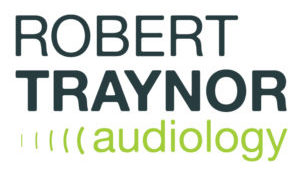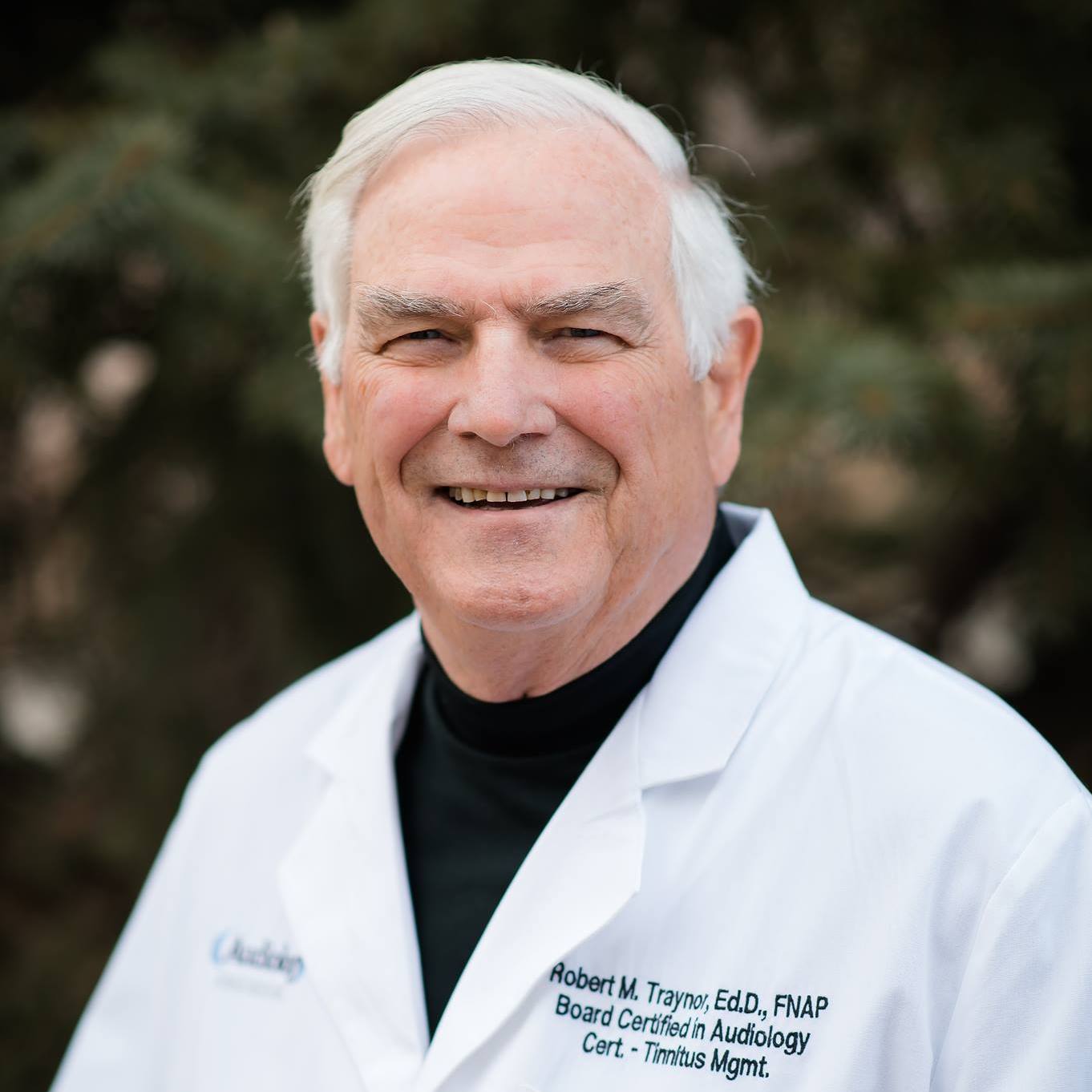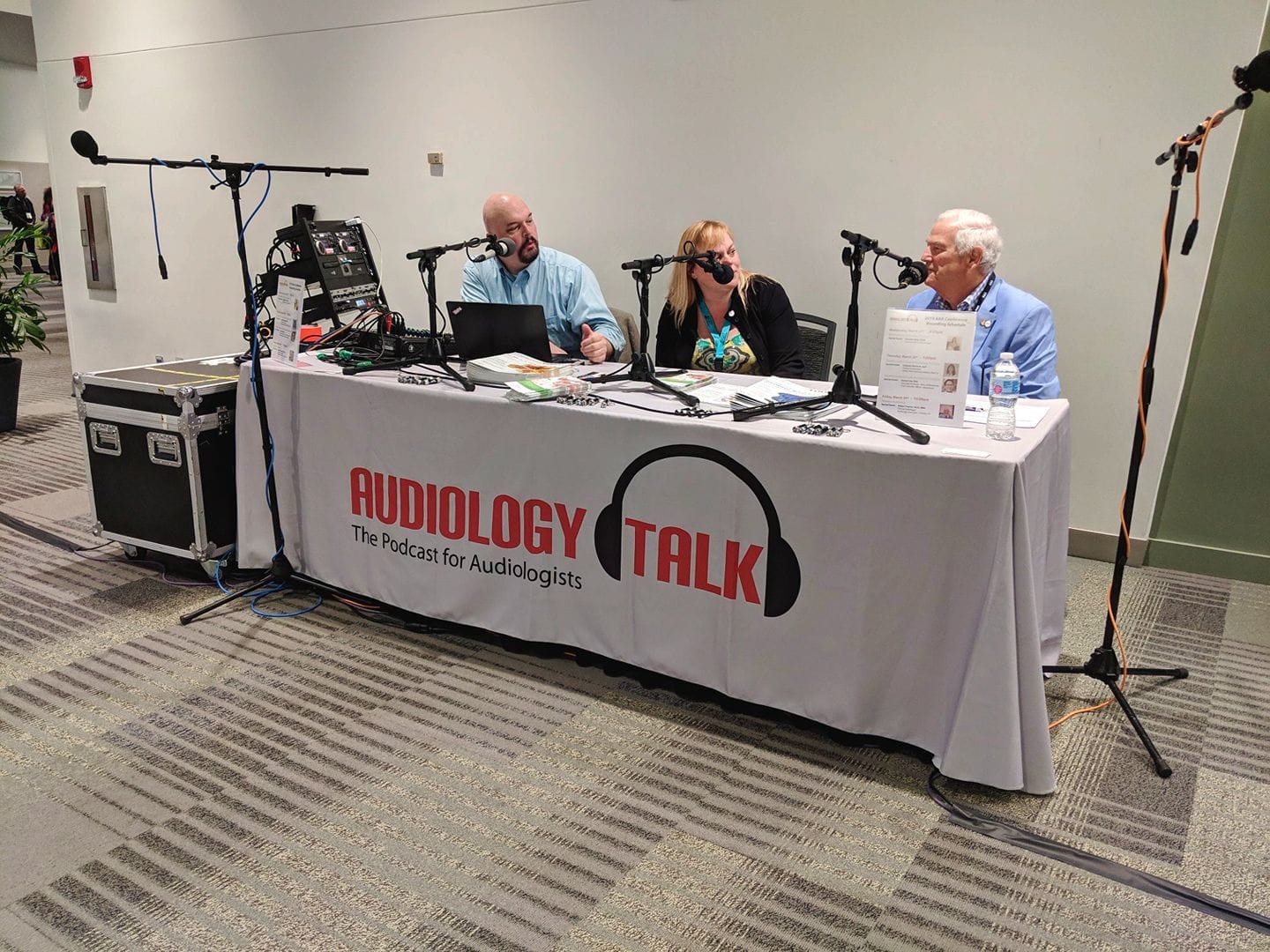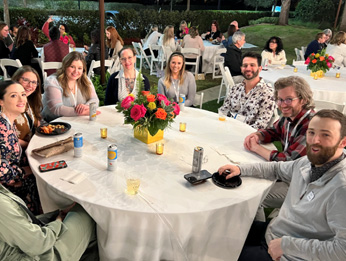Lessons and Recommendations from a 40+ year Industry Veteran
Member Spotlight | Robert Traynor Audiology, LLC
Robert Traynor has worn many hats throughout his 40+ year career—clinical audiologist, consultant, speaker, author, and expert witness, just to name a few. He has penned articles for most of our leading industry publications as well as three books. He’s taught at six universities and led over 300 professional presentations across the globe. We caught up with Dr. Traynor to discuss how the industry and profession have evolved over the course of his career and what he thinks audiology might look like 10-20 years from now. We also discussed his featured session at this year’s Empower Conference and recommendations for how providers and practice owners can differentiate their business to stay competitive in today’s ever-changing landscape.
“These days, the competition is fierce. And it’s only going to get worse as the pandemic moves into its demise. The best thing practitioners can do is to try to embrace these changes and turn the obvious risks into opportunities.”
Robert M. Traynor, EDD., MBA, FNAP
Interview with Robert M. Traynor, EDD., MBA, FNAP:
1Tell us a little bit about how your career has evolved and what you’re up to primarily these days?
In the past, I was like most clinicians seeing patients every day, but I also taught courses in practice management at the University of Florida and other institutions, published three editions of text in that area, and did a few speaking gigs. Now I mostly teach practice management, do forensic audiology, consult with companies, and do talks here and there—kind of a clinical practice afterlife.
2You’ve worn and continue to wear many different hats. Which ones have you enjoyed most and why?
Actually, I thoroughly enjoyed all of them. But the highlight of my career was traveling the world teaching audiology to Bernafon distributors in 40+ countries, working with colleagues in engineering and hearing science on hearing aid research and development, and living in Bern, Switzerland for almost a year.
3Obviously, you’ve seen the audiology profession and industry evolve over the last 40+ years. What would you say are the most positive changes you’ve seen?
The increase of private practice. For many years professors told practitioners how to practice when they themselves had not seen a patient in a very long time. Now it’s the practitioners telling the professors how they should teach their courses as the world has changed. Now the power is also moving to the patients with telling us what they need. We must continue to follow and adjust to these changes in the profession, how we practice, and the technology with which we practice. While some of these changes are a risk, they also may very well be opportunities.
4How do you see the profession evolving over the next 10-20 years and what can providers and practice owners do to adapt?
As OTC, DTC, and other concepts evolve, there will still be a place for people with hearing loss and tinnitus as well as the services and technologies that facilitate treatment. Clinics must realize patients will purchase products elsewhere and move to unbundled service programs that emphasize these products. Technology will increase making self-fitting products a normal part of practice. This is a change where we will need to adjust. Further, strides are being made in sensorineural hearing loss where there may be some breakthroughs in treatment with medication and therapies. Cochlear implants will also be more widely applicable. There’s a lot of uncertainty with these changes but again, they may also offer opportunities.
5You’re going to be presenting a session at the Empower Conference titled the “Essentials of Forensic Audiology.” Tell us a little about it and why you chose to focus on forensic audiology.
I chose this topic because it’s relatively new to our discipline, there’s a shortage of experts in this area, and it could be a method of expanding our impact as a profession. There is a lot to discuss on the topic but here is a general outline:
- It’s not for the inexperienced professional. The expert witness cannot be someone, (even with an Au.D, Ph.D., or both) that has a minimal amount of clinical experience. It takes a lot of experience and credentials built over a long time to be trusted by attorneys and their clients.
- You need thick skin as the cross-examinations can be brutal.
- Unless the prospective expert has had some legal training, it’s necessary to attend expert witnessing classes to learn how cases flow, the actual needs of attorneys, the specifics of legal report writing, techniques for testimony, and other quirky issues that go along with forensics.
- The expert needs to know a case is within their expertise and those that are not.
6Tell us about some of the different types of cases you’ve been involved in?
I’ve had some great experiences both with writing reports and providing testimony in a wide variety of cases—airbag deployment, audiology malpractice, hearing conservation, single-sided deafness, ADA cases, etc.
7Is there any other advice or wisdom you have for practice owners who are wondering how to take their business to the next level?
These days, the competition is fierce. And it’s only going to get worse as the pandemic moves into its demise. The best thing practitioners can do is to try to embrace these changes and turn the obvious risks into opportunities. One method could be to diversify their practices, and another could be to differentiate themselves from their competitors. While there are many different methods for differentiation, some that I would suggest are comorbidity screening and referral, 21st-century hearing evaluation techniques, pricing modifications including leasing, and special community needs.








